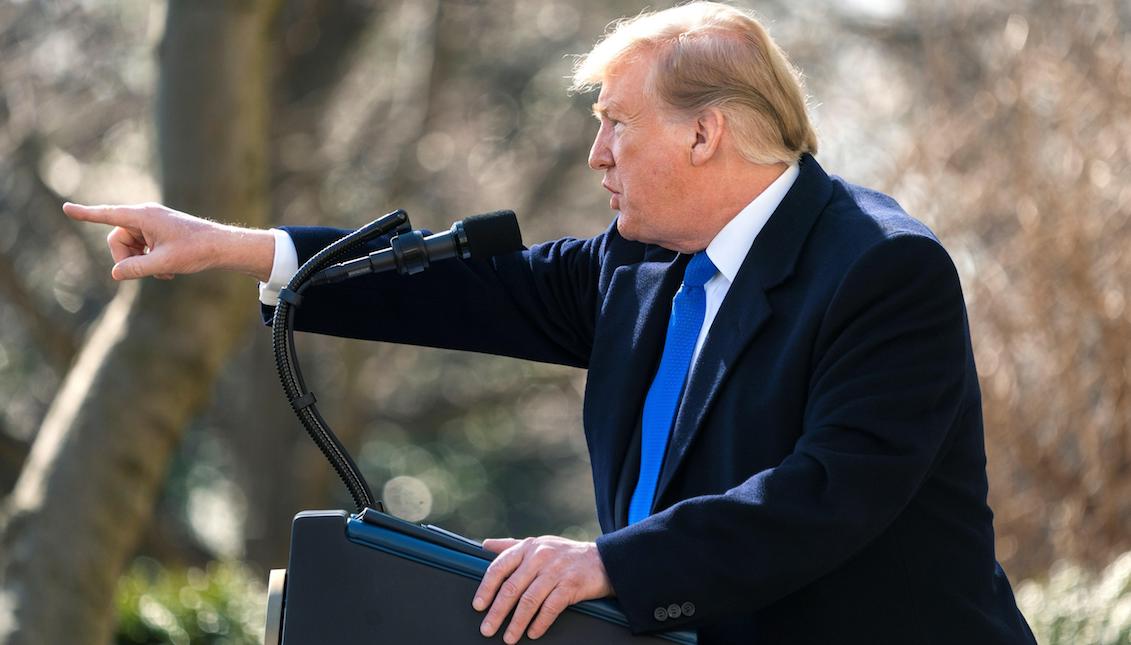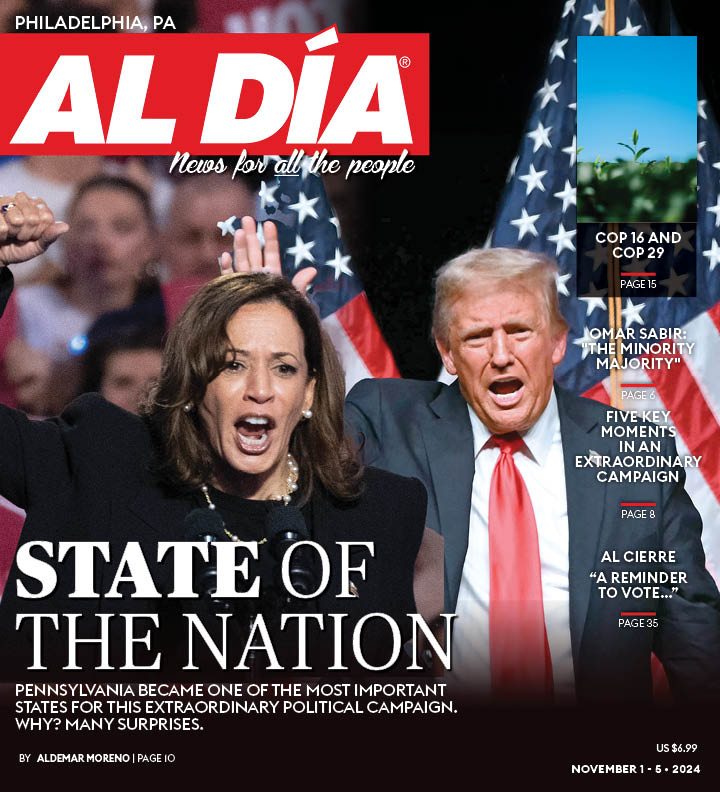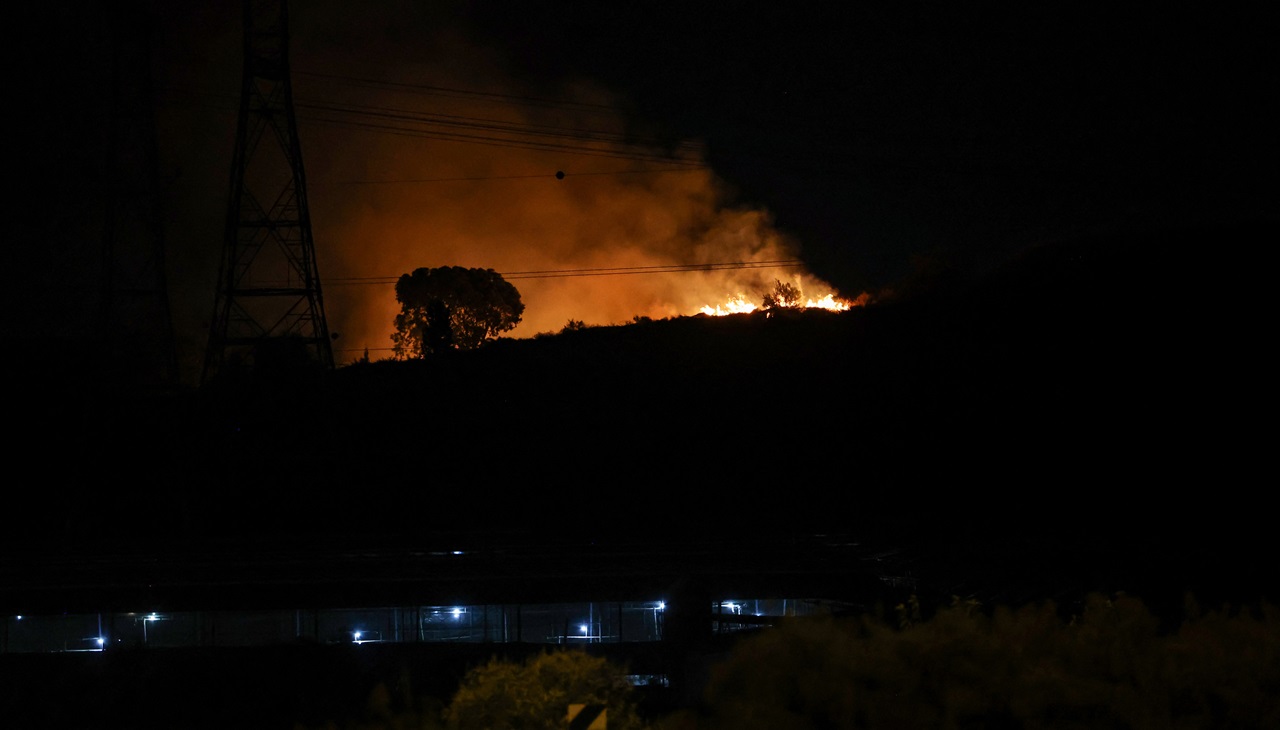
Three key consequences of Trump's National Emergency declaration
President Trump's decision to circumvent Congress in order to obtain funds for his border wall is just his latest violation of the rule of law.
The situation is crystal clear: Donald Trump made a campaign promise to rile up his base in the lead-up to the 2016 election - to build a wall along the southern border with Mexico, to be paid by the Mexican government. When hit head-on with reality, however, he reversed course, attempting to get U.S. citizens to pay for his promise.
In November, the Republican party lost its majority in the House of Representatives, and in December, Trump shut down the government over the wall, though he gave in to Democrats late last month, reopening the government with still no funding for his pet project.
Now, Trump has decided to bypass Congress, following their refusal to award him his desired wall funding. He intends instead to divert funds from military agencies follow through on his central campaign pledge, just to be able to declare victory.
It has been of no import that those who actually live along the border dispute the existence of the humanitarian crisis the president likes to fear-monger into existence. Similarly confounding is that that no one knows exactly where Trump gets his figures when speaking about the border. What is evident is that Trump will insist on inventing an alternate reality in order to keep his electoral base intact by 2020.
The consequences, however, can be serious - especially for his own party.
After not obtaining the funds he had demanded for the construction of his wall, Trump will resort to the Department of Defense's $3.6 billion budget allocated for military construction.
The president will also be able to take advantage of $600 million from the Treasury Department's drug forfeiture fund, and $2.5 billion from a drug interdiction program, also from within the Department of Defense budget.
"Lawless act," "serious abuse of power," "desperate attempt,” "contempt for the rule of law," and "dangerous step" have been the descriptions used by both Democrats and Republicans regardingthe president's national emergency declaration.
Congresswoman Cathy McMorris Rodgers (R-Wa) warned that the recourse to declare a national emergency "sets a very dangerous precedent that undermines our constitutional separation of powers," and would allow "any future president to act alone without Congressional approval."
"If elected president, how would Elizabeth Warren or Bernie Sanders use this precedent for a national disaster declaration to force the Green New Deal on the American People?" she added.
"If Trump is correct constitutionally, which he isn’t, then what did our Founders create a Congress for in the first place?," Matt Latimer asked in his column for Politico.
This is precisely what we all ask ourselves.
The debate has undermined both sides of the aisle, focusing primarily on the use of executive authority to respond to a crisis manufactured by the Trump administration.
RELATED CONTENT
Although the country currently has 31 other active national emergencies, "none are comparable to the building of more barriers between the United States and Mexico," the Washington Post explained.
"Nearly all national emergency declarations under the 1976 National Emergencies Act relate to sanctions or export restrictions," the Post said. "Under that act, presidents must formally declare an emergency and offer a legal rationale to use emergency powers."
It is precisely that rationale that is glaringly absent from Trump's new strategy.
"Our message back to the White House is simple and clear: California will see you in court," Governor Gavin Newsom said in a statement.
Democrats in Congress, meanwhile, have already prepared legislative action to "reject the move,” and by early Friday, more than 50 House Democrats “had asked to put their names” on it.
Rep. Joaquín Castro (D-Texas) and Representative Alexandria Ocasio-Cortez (D-New York) drafted the resolution.
Democratic leaders Nancy Pelosi and Chuck Schumer warned in a joint statement that they would not sit idly by, either.
"The president's actions clearly violate the Congress’s executive power of the purse, which our Founders enshrined in the Constitution. The Congress will defend our constitutional authorities in the Congress, in the Courts, and in the public, every remedy available," they wrote.











LEAVE A COMMENT:
Join the discussion! Leave a comment.